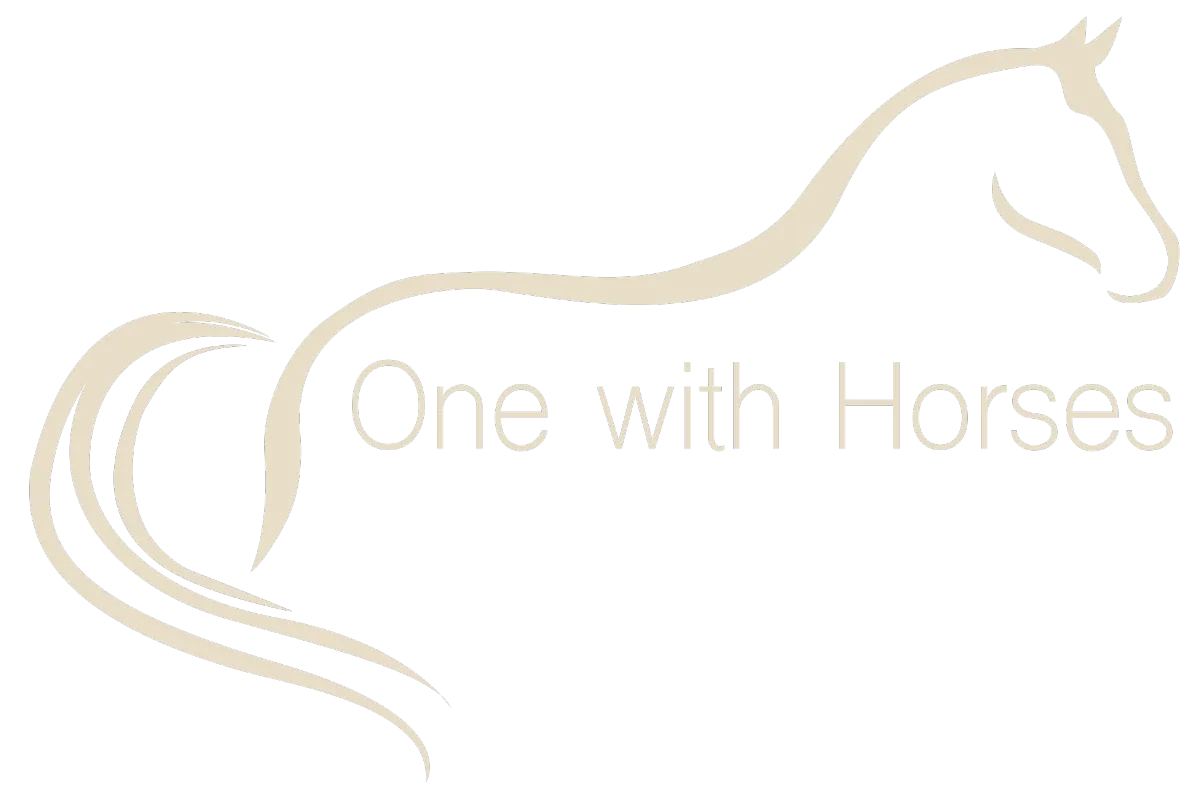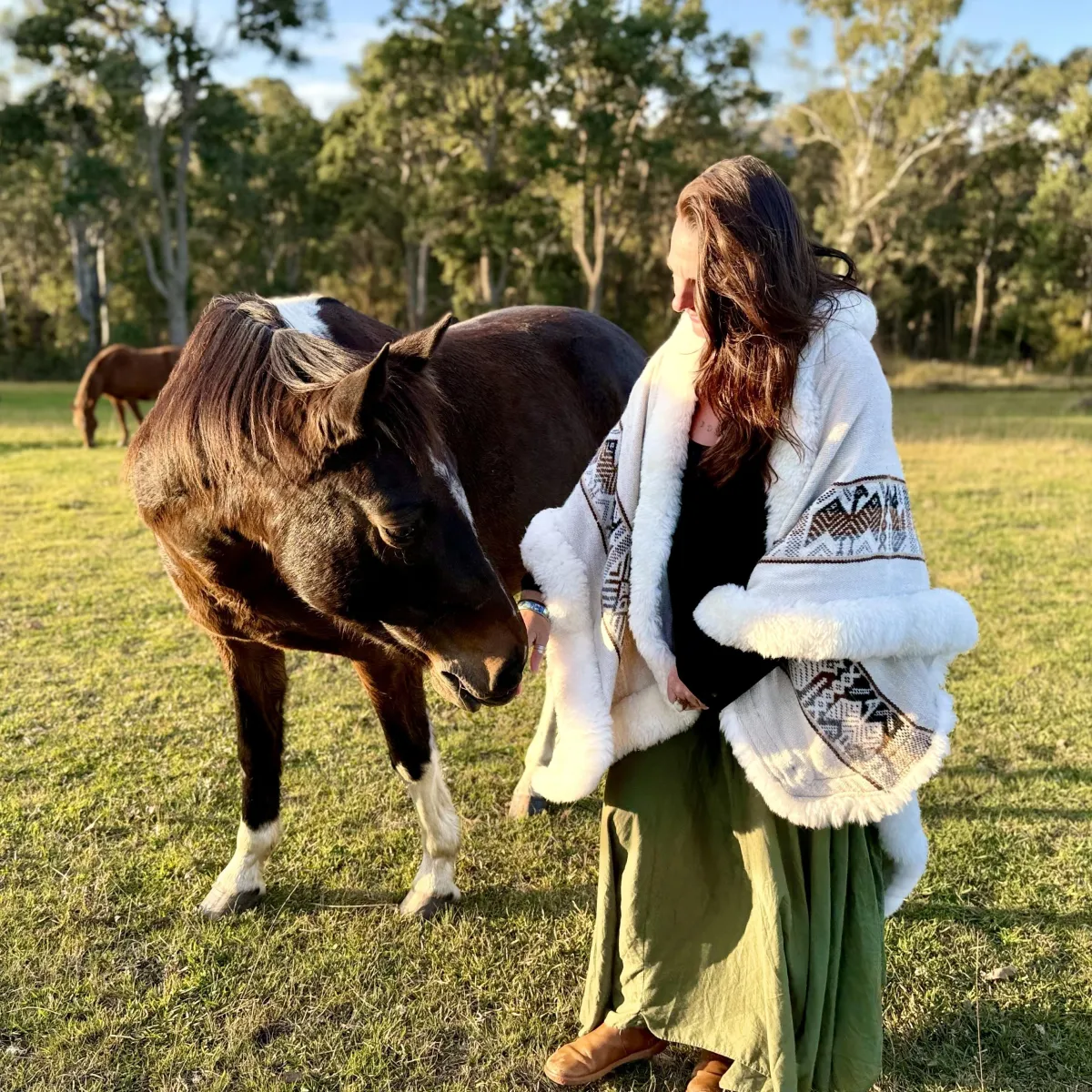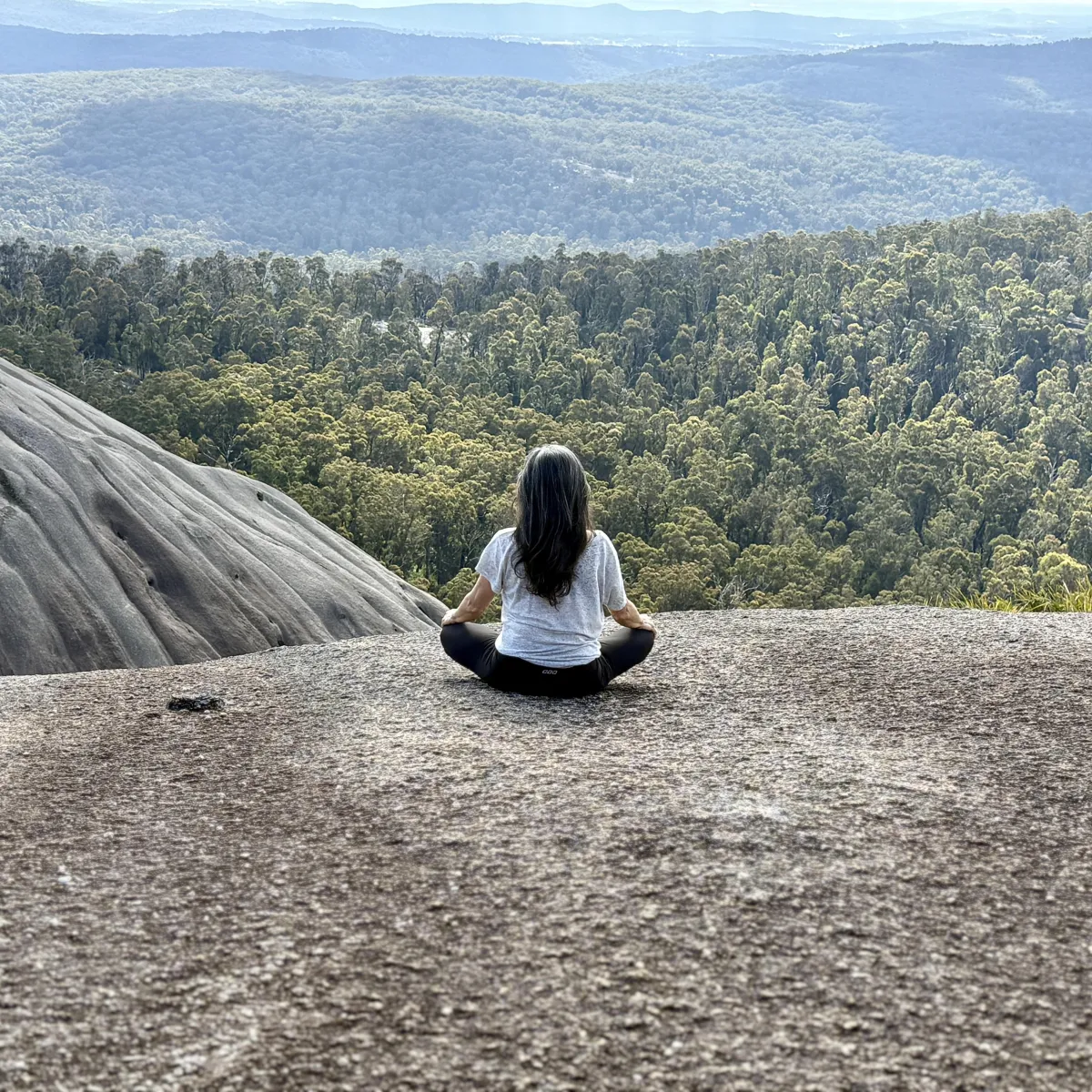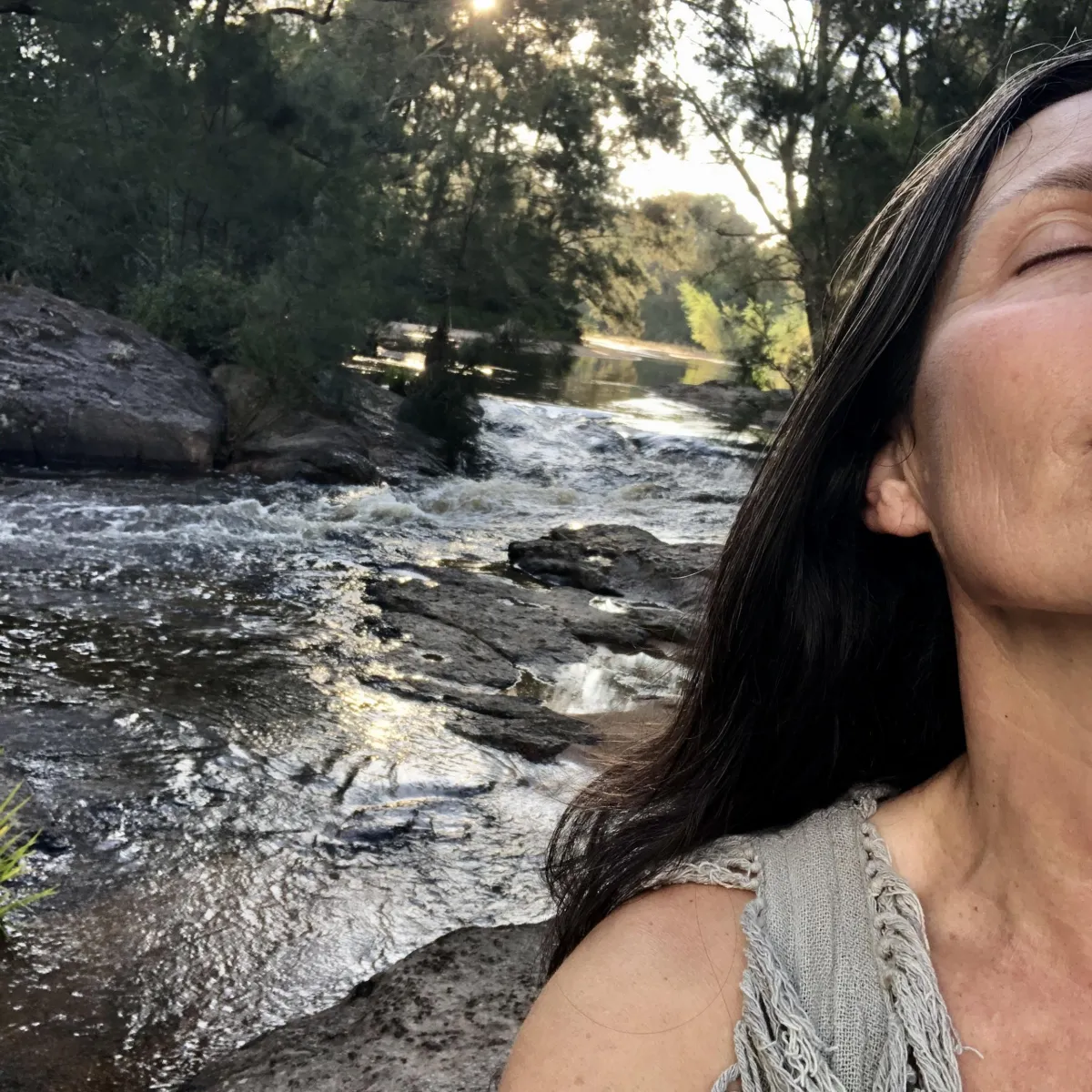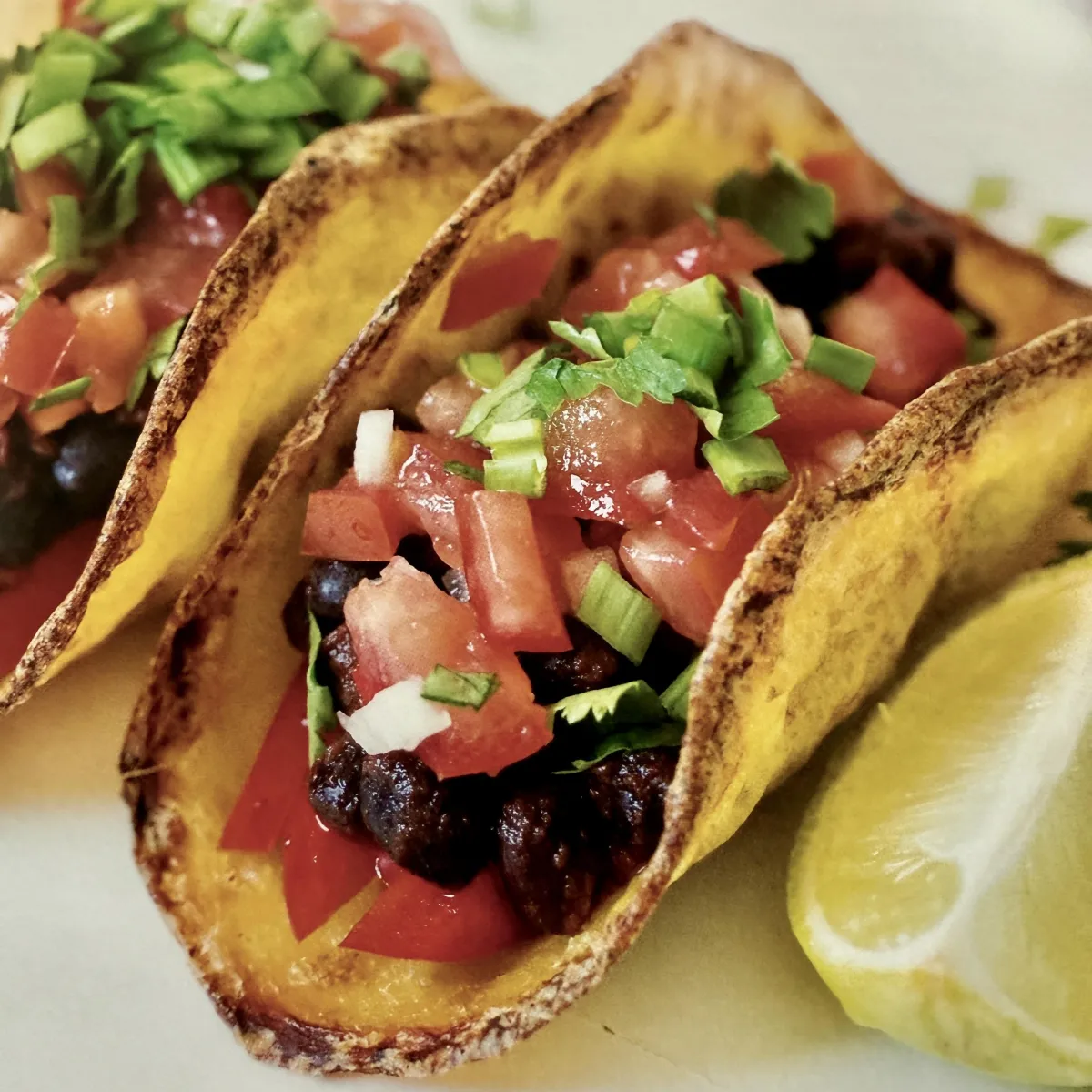Come Home to Yourself
One Connection at a Time
Immersive Horse Retreats for Those
Seeking Presence, Peace & Connection
A Glimpse Into My World With Horses
This film shares a window into my life, my herd, and the philosophy behind One With Horses, a way of living and being with horses that is rooted in respect, compassion, and presence.
Pre-order the book
What happens when you slow down and listen?
Imagine being in the Australian bush surrounded by horses, nature, and heart-centered people.
No tech. Just stillness, reflection, gentle movement, and nourishing food.
It’s an experience that allows you to tune into yourself, your surroundings, and the horses who have so much to teach us.
Is this for you?
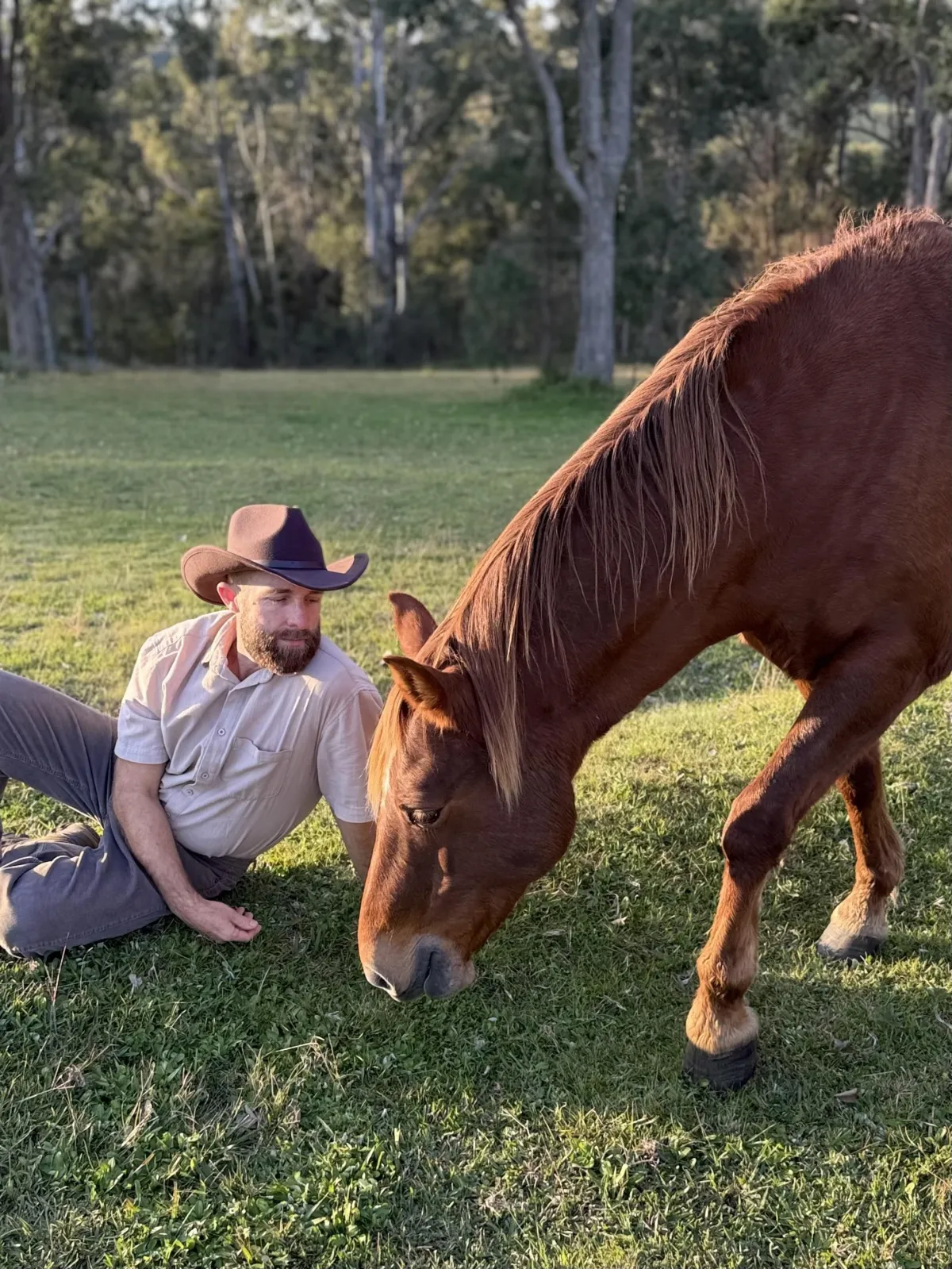
You’ve always felt a connection to horses—even if you’ve never had one in your life
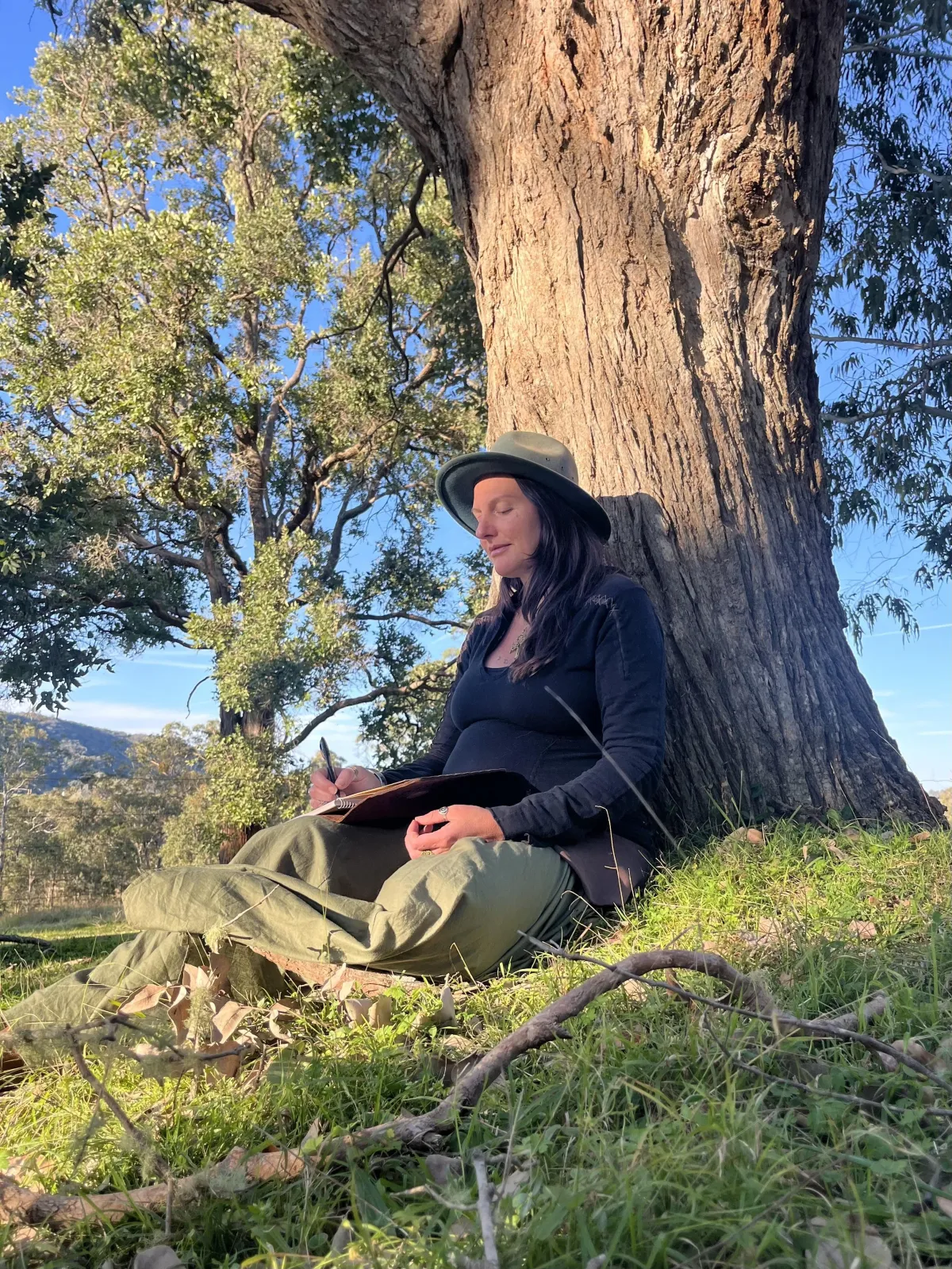
You’re craving stillness, clarity, and deeper meaning
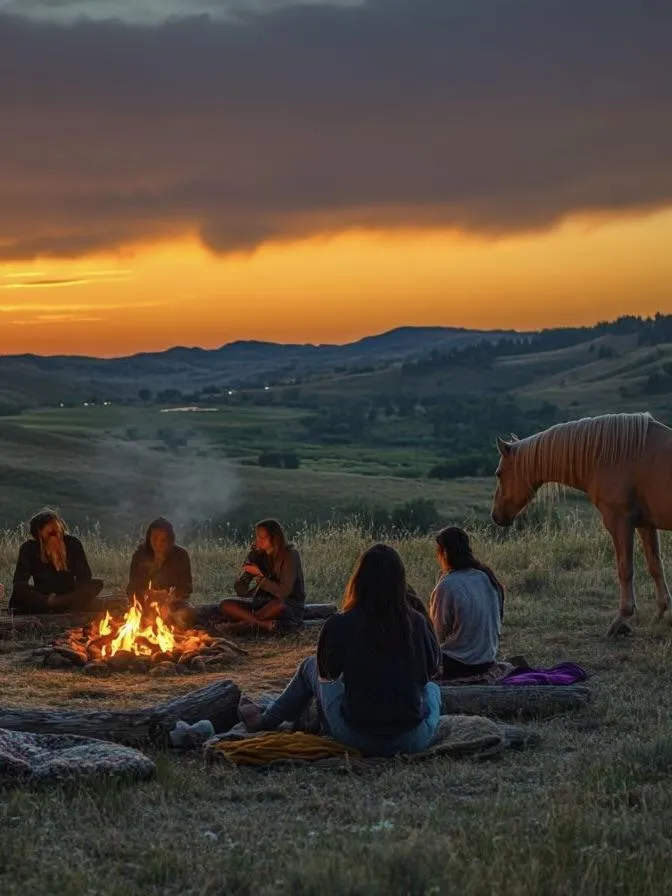
You want to feel part of something sacred and soul-nourishing
Upcoming Retreats
Join Us On One Of The Retreats
Tenterfield & Byron Bay, NSW
1-Day, 3-Day & 10-Day immersive retreat experiences
Limited spots available
The book
Pre-order Now
Get the first edition of the book to
have your name listed as a supporter
For a limited time only
(Closes midnight 30th Sept - Sydney time)
The Book That Started
The Journey
If you’ve ever stood beside a horse and felt something stir in you—this book is your invitation to follow that feeling. Whether you’re a seasoned equestrian or newly curious, this book invites you into a gentler, truer connection—with horses and with yourself. One With Horses is not just about horsemanship—it’s about relationship. Through intimate stories, rich conversations with 11 equine specialists, and 12 guiding principles, Lisa weaves a path of compassionate horsehumanship that opens space for transformation.
Your free gift
Download a Guided
Audio Meditation
Communicate with a horse
wherever you are.
You can also use this to deeply connect
with any animal.
